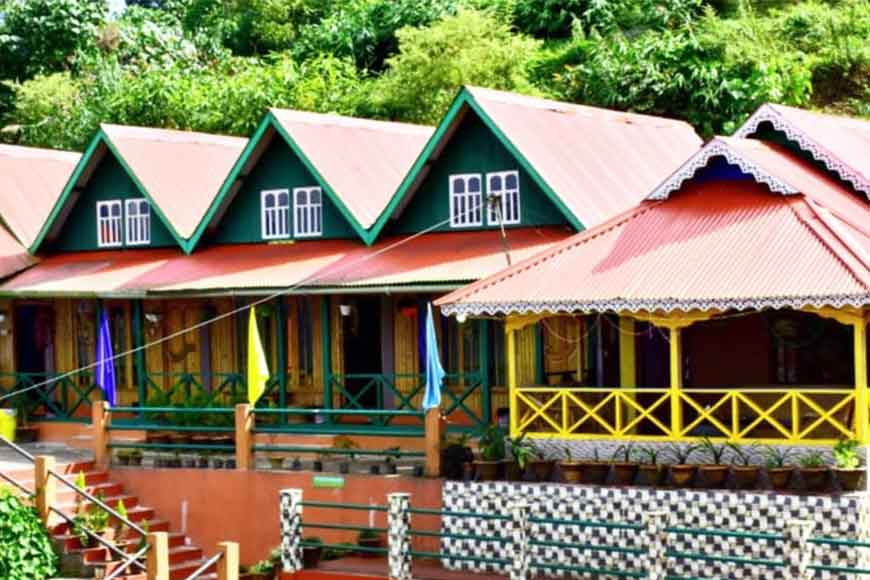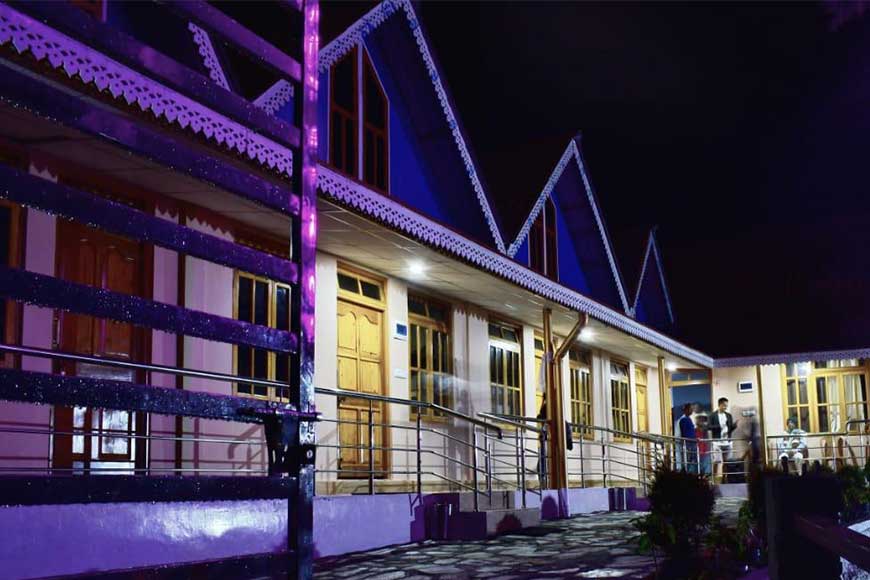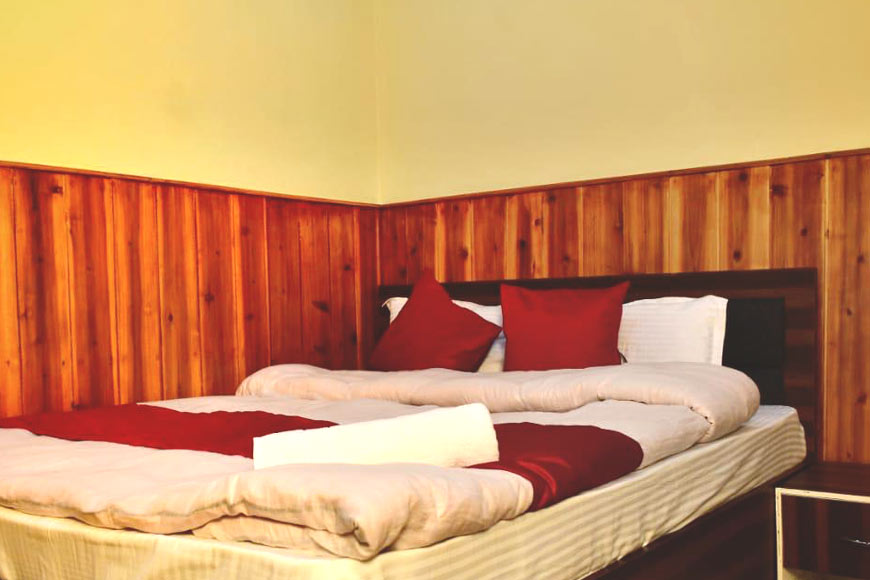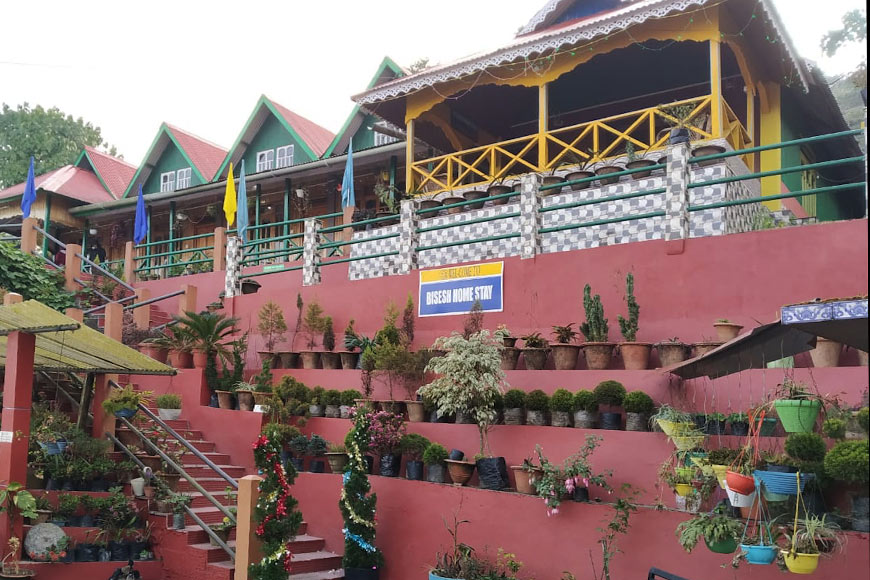Bengal seeks to improve the homestay experience

Renowned American businessman and entrepreneur James Cash Penney once said, “Courteous treatment will make a customer a walking advertisement.”Knowingly or unknowingly, that is the philosophy that seems to motivate most homestay owners.
In India, the ‘homestay movement’, as it were, probably had its genesis in Kerala. However, other parts of the country, including West Bengal, were quick to catch on, with the result that today, thousands of homestays across our state offer a personalised tourism experience.
 A night at Pine Tree Homestay
A night at Pine Tree Homestay
In 2017, the West Bengal State Government introduced the West Bengal Homestay Policy with the idea of promoting the emergent homestay tourism industry. It was an idea given by the Hon’ble Chief Minister of West Bengal, Mamata Banerjee, which the Department of Tourism started implementing.
 A room in Pine Tree Homestay
A room in Pine Tree Homestay
The revised policy has decentralised the process to the district level, so that all applications may now be addressed to the DM, and the DD is to be drawn in favour of the DM, too. Upon verifying the application, the DM will forward it for further verification by the concerned police authorities, and once everything is found to be in order, it is the DM who will register the homestay, as opposed to the Department of Tourism earlier.
• Importantly, as per the original policy, the responsibility of submitting a police clearance certificate lay with the applicant. This was a highly time-consuming process, which has now been scrapped. As already mentioned, once the application is received, it is the DM who will forward it to the police for the necessary ‘no objection certificate’ (NOC).
• Many mandatory facilities required for the approval of homestays earlier have now been made optional (or ‘preferable’ as stated in the policy).
• The owner of the establishment as well as his/her family were earlier required to live on the premises, which is no longer the case.
• The certificate of registration will now be signed by the DM instead of the Director.
• Any application for renewal of the certificate was earlier addressed to the Director, with the renewal fee payable to MD, WBTDCL. Now, the application for renewal is to be addressed to the DM, and the fee is to be payable to the DM as well.
• An order has been published for the composition of an Inspection Committee at the district level, so that the revised scheme may be implemented smoothly.
• A uniform Registration Certificate has been prescribed and forwarded to all DMs.
Significantly, there is now an emphasis on training homestay owners, in order to introduce uniformity in basic hospitality services. With this in mind, the Department of Tourism, in collaboration with the Department of Technical Education held the first phase of training at a two-day session under the banner of Utkarsha Bangla in May-June 2019,when 280 homestay owners from Darjeeling and Kalimpong districts were given the necessary orientation.
 Bisesh Homestay, Sittong
Bisesh Homestay, Sittong
Following the revisions in the policy, 295 homestays were successfully registered in 2019-20, and 122 applications have already been received for 2020-21, which are being processed.
Atithi Homestay in Sittong
Such initiatives will no doubt have the approval of inveterate travellers such as veteran journalist Ajanta Sinha, who has long preferred homestays to hotels. She says this is particularly true of those who prefer travelling to relatively remote destinations, where mainstream hotels are difficult to operate. “Nowadays, the majority of homestays are just as good as hotels. Plus, they provide the personal touch that hotels can’t. It is like staying with a very friendly, welcoming family, who will go out of the way to accommodate your needs,” she says.









